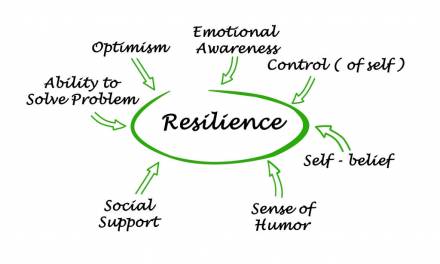Finding a suitable solution for vulnerable children can be a difficult route to navigate on some occasions. Certain barriers can prevent them from engaging with their education, but what if there were strategies or methods you could implement to help foster a positive learning environment and drive engagement?
“Schools can teach pupils how to build their confidence and resilience, for example, but they cannot always determine how well young people draw on this. Schools are crucial in preparing pupils for their adult lives, teaching them to understand how to engage with society and providing them with plentiful opportunities to do so.”
In this blog, we’ll take a look at some methods you can integrate to support vulnerable children overcome the challenges that are hindering their educational experiences.
1. Engage through playing
Gamification or just general fun activities can help children generate new ideas and explore their potential without even realising they are learning. Games, simulations, hands-on experiments or collaborative projects can children discover and create while acquiring knowledge.
2. Make content relevant
Traditional learning can seem monotonous to some vulnerable children and therefore do not engage. Instead, take some time to communicate with their child and actively listen to their likes and interests. You can then engage them by constructing your lesson content to match their passions, this can assist academic and personal development.
3. Building meaningful relationships
Vulnerable children could be involved in certain environments that have caused distrust and fear. You must ensure that you take your time conversing with these children and be cautious not to pressure them. You can build a good relationship by offering one-to-one support, listening to their interests and supporting their concerns or aspirations.
4. Signpost supportive services
Whilst raising vulnerable child’s engagement with their education it is also important to signpost them to supportive services that can help them. These students may have SEND requirements so working collaboratively with parents, guardians and services can help the child gain confidence which can subsequently lead to improved engagement.
5. Using online resources to engage
Online learning can provide a more relaxed approach to education for vulnerable children, particularly those who are neurodivergent or have SEND requirements. Conduct your research and due diligence on certain platforms that could work for individuals and those that could help with reintegration and development into adulthood. Online alternative provisions, such as EDClass, can be transformative for some children and elevate their confidence more than mainstream schools could.
You could also use online resources to your staff’s advantage for continuous professional development (CPD). Online courses can help enhance your knowledge on safeguarding knowledge, what signs to spot and what strategies you could implement.
Take a look at this online course concerning mental health and other vulnerabilities. It can provide you with the skills needed to identify mental health disorders and vulnerabilities and what to do to support these challenges. You can also take a look at the entire Keys to Safeguarding website which can provide several safeguarding courses to build knowledge.
What are your thoughts on this? How can we create a more inclusive environment and support children with vulnerabilities? Call EDClass on 01909 568338, email mail@edclass.com or enquire for more information here.










